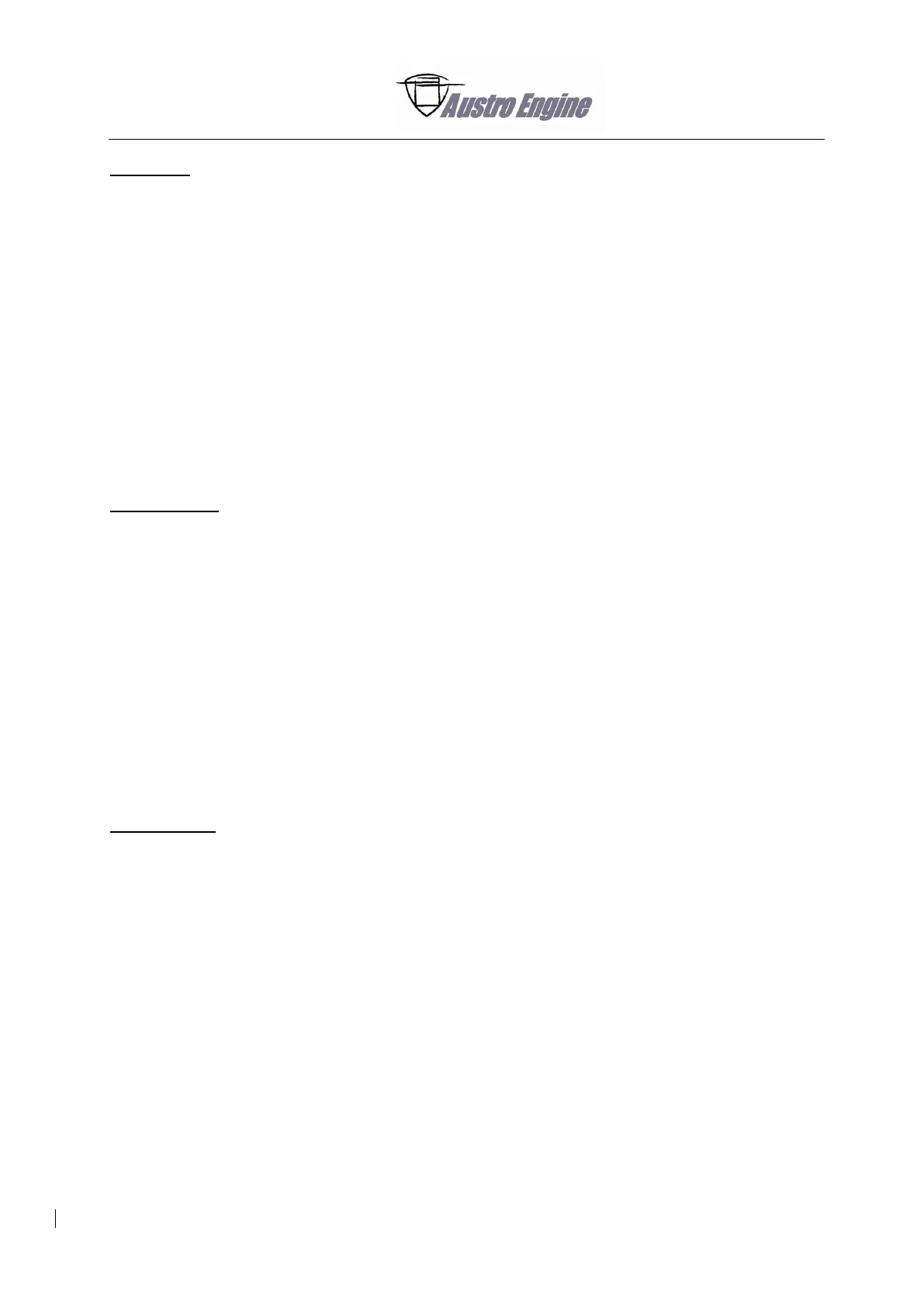Crankcase
The crankcase of the E4 engine is a single piece, squeeze casted part.
Based on this design (cast iron), no separate cylinder liners are necessary. The cast iron design of the
crankcase has good failsafe running functions and a decreased noise emission. The design of the E4
engine is an inline, liquid cooled engine, and the crankcase includes the cylinders as well as the
coolant passages.
The crankcase also includes provisions for an internal oil pump and a water pump that is installed on
the engine crankcase and operated by the V-Ribbed belt. The crankcase includes a wet oil sump and
contains the oil supply of the engine.
The bore of the cylinder is 83 mm (3.268 in).
The displacement per cylinder is 498 cm³ (30.4 cu in) which results in a total displacement of 1991
cm³ (121.5 cu in) of the engine.
The stroke per piston is 92 mm (3.622 in).
Cylinder Head
The cylinder head is made of high strength aluminum alloy. The cylinder head has two camshafts
installed. Each camshaft operates two intake and two exhaust valve per cylinder. One camshaft is
operated by chain directly from the crankshaft. The other camshaft is driven off the first by direct
gear. The chain drive consists of a double steel chain. Chain tensioning is automatic. The camshafts
operate 16 valves, 8 intake and 8 exhaust valves actuated by roller levers with hydraulic valve-
clearance compensation.
The combustion chamber shape of the E4 engine is given by the shape of the piston. The valves are
arranged so that the intake air goes into the combustion chamber in a swirling pattern to make
combustion efficiency better.
The location of the fuel injector is central to the four valves. The hole near the injector hole is the hole
for the glow plugs, which are used during pre-heating. The remaining openings in the cylinder head
are coolant passageways. The compression ratio of the engine is 17.5:1.
V-Ribbed belt
The V-ribbed belt is installed at the rear end of the engine and it drives the coolant pump and the
alternator driven by the crankshaft pulley. The belt is self-tensioning by a spring-loaded pulley.
